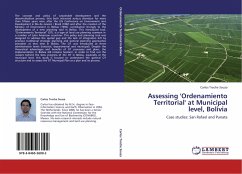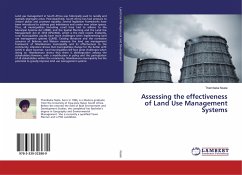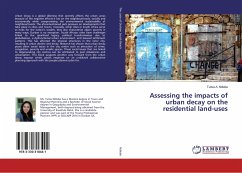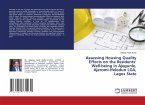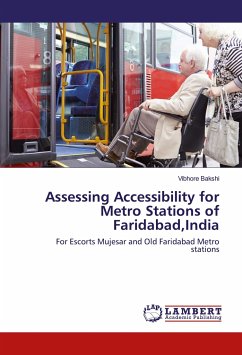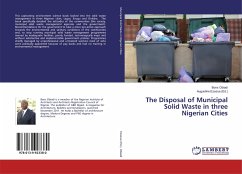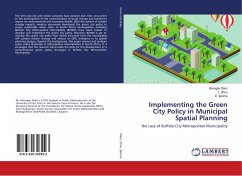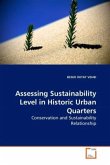The concept and policy of sustainable development and the decentralization process, that both attracted serious attention for more than fifteen years now, after the UN Conference on Environment and Development in Rio de Janeiro / Brazil (1992) and after the creation of the Ministry of Environment in Bolivia (1994), contributed strongly to the development of a new planning tool in Bolivia. This introduced tool, Ordenamiento Territorial (OT), is a type of land use planning common in a number of Latin American countries. This policy and planning tool was designed to address the spatial gap and the lack of integration left by previous traditional strategic planning and sectoral planning approaches prevalent at that time in Bolivia. The OT was introduced at three administrative levels (national, departmental and municipal). Despite the theoretical advantages and benefits of OT processes and plans, the implementation in Bolivia still remains hesitant. In order to find out the reasons behind the slow progress of the OT in Bolivia, especially at the municipal level, this study is focused to understand the general OT structure and to assess the OT Municipal Plan as a plan and its process.
Bitte wählen Sie Ihr Anliegen aus.
Rechnungen
Retourenschein anfordern
Bestellstatus
Storno

